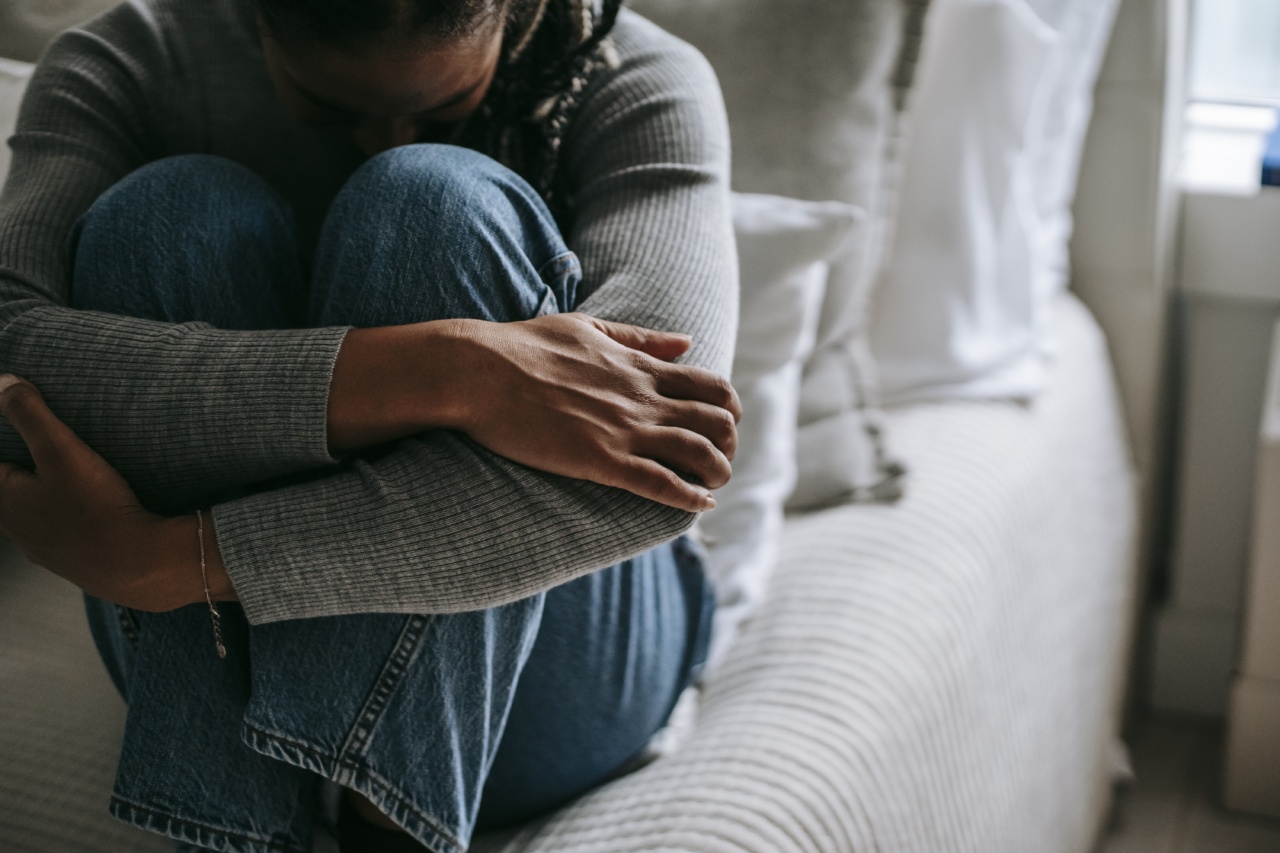People in America love their caffeine fix. Whether it’s a morning cup of coffee to kick-start their day or an afternoon energy drink to beat the post-lunch slump, caffeine consumption has become a habit deeply ingrained in American culture.
However, what many Americans fail to realize is that excessive caffeine intake can have detrimental effects on mental health, particularly anxiety. In this article, we will explore the overdose of caffeine and its connection to anxiety in most Americans.
The Rise of Caffeine Consumption
Caffeine is a stimulant that can be found in various popular beverages and foods, such as coffee, tea, energy drinks, soft drinks, chocolate, and even some medications.
Its ability to increase alertness and reduce fatigue has made it a go-to substance for many Americans to cope with the demands of their busy lifestyles.
In recent years, caffeine consumption has seen a steady rise. According to a report by the National Coffee Association, 64% of Americans drink at least one cup of coffee daily, with the average coffee consumption being about three cups per day.
Additionally, energy drink sales have boomed, with millions of cans being consumed daily.
The Link Between Caffeine and Anxiety
While small to moderate amounts of caffeine can have positive effects on mood and cognitive performance, excessive consumption can lead to negative consequences, especially in individuals predisposed to anxiety disorders.
One of the primary reasons for the link between caffeine and anxiety lies in the way caffeine affects the brain. Caffeine blocks the action of adenosine, a neurotransmitter that promotes relaxation and sleep.
This results in increased alertness and a temporary spike in energy levels. However, prolonged exposure to caffeine can disrupt the brain’s natural balance, leading to increased anxiety and nervousness.
Furthermore, caffeine triggers the release of stress hormones such as cortisol and adrenaline. These hormones are responsible for the “fight or flight” response, which prepares the body to deal with potential threats.
In individuals already prone to anxiety, the excess release of these hormones can contribute to heightened feelings of anxiety and panic.
The Caffeine-Anxiety Cycle
It’s important to note that caffeine consumption alone does not cause anxiety disorders. However, it can exacerbate existing feelings of anxiety or trigger symptoms in individuals with a predisposition to anxiety.
This creates a vicious cycle where anxiety leads to increased caffeine consumption, and excessive caffeine intake worsens anxiety.
For example, someone who already experiences occasional anxiety may turn to caffeine for a temporary relief from their symptoms. However, this relief is short-lived, and the subsequent crash in energy levels can further intensify feelings of anxiety.
As a result, the individual may consume even more caffeine to alleviate their increasing anxiety, deepening the cycle.
Recognizing the Signs of Caffeine Overdose
Caffeine overdose can manifest in several ways and may include both physical and psychological symptoms. Some of the common signs to look out for are:.
- Restlessness and agitation
- Insomnia or disturbances in sleep patterns
- Increased heart rate and palpitations
- Gastrointestinal issues, such as acid reflux or stomachaches
- Nervousness and jitteriness
- Headaches
- Difficulty concentrating or focusing
- Feeling irritable or easily provoked
- Increased frequency of panic attacks
If you experience any of these symptoms regularly, it may be worth considering whether your caffeine consumption is contributing to your anxiety levels.
Breaking the Caffeine-Anxiety Cycle
If you suspect that excessive caffeine consumption may be worsening your anxiety or triggering symptoms, there are steps you can take to break this cycle:.
- Monitor your caffeine intake: Keep track of how much caffeine you consume daily, including hidden sources like chocolate or some medications.
- Gradually reduce caffeine consumption: Rather than quitting cold turkey, slowly decrease your caffeine intake to minimize withdrawal symptoms.
- Find alternatives: Explore healthier ways to boost your energy levels, such as regular exercise, sufficient sleep, and a balanced diet.
- Practice stress management techniques: Experiment with relaxation techniques like deep breathing, meditation, or yoga to reduce anxiety levels.
- Seek professional help: If your anxiety persists despite reducing caffeine intake, consider reaching out to a healthcare professional or therapist for support.
Breaking the caffeine-anxiety cycle requires patience and self-awareness. It is essential to prioritize your mental well-being and find strategies that work best for you.
Conclusion
The overdose of caffeine and its impact on anxiety in most Americans cannot be taken lightly.
While caffeine consumption can provide temporary energy boosts, excessive intake can disrupt the brain’s equilibrium, leading to heightened feelings of anxiety and panic. It is crucial to recognize the signs of caffeine overdose and break the caffeine-anxiety cycle for better mental well-being.






























